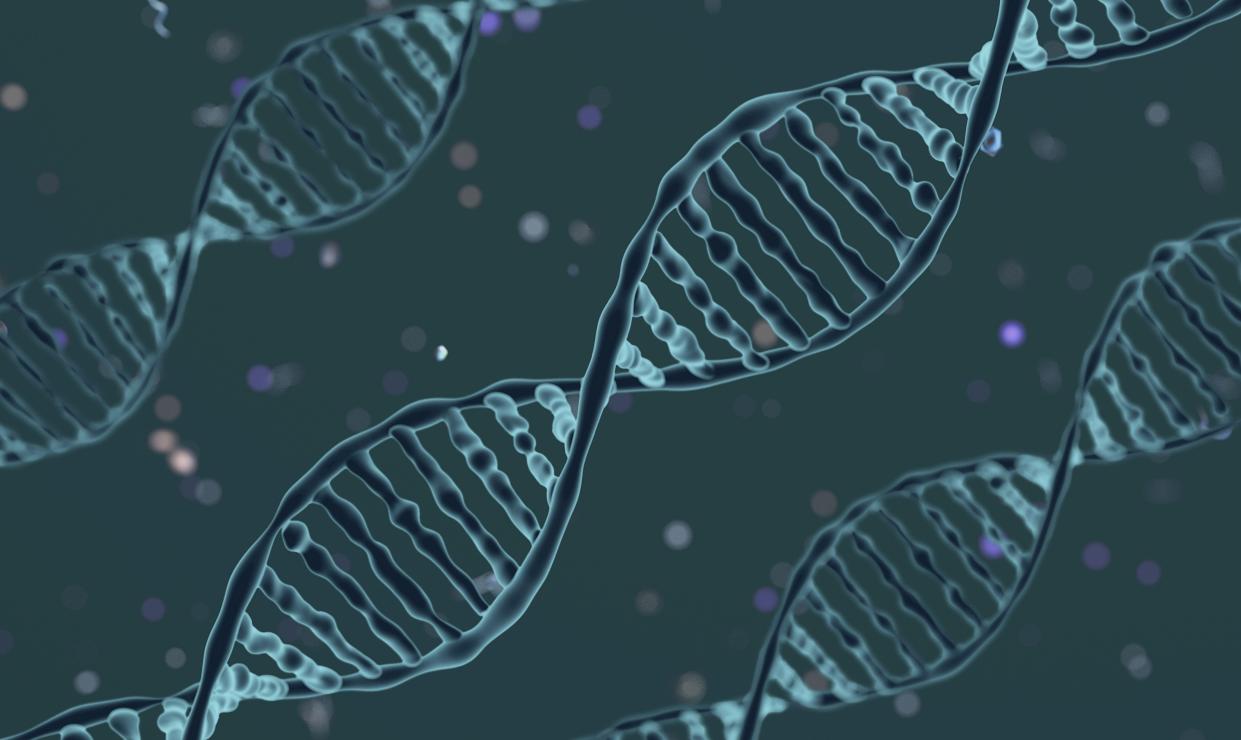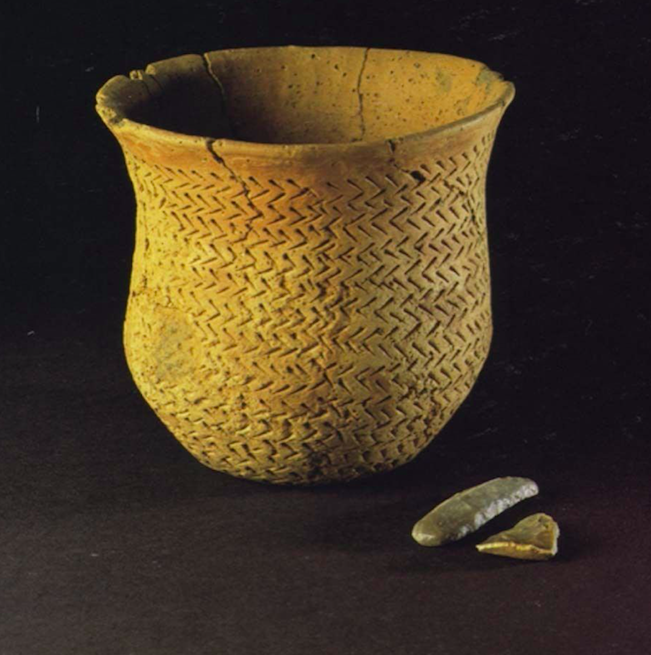DNA study shows that migration has been part of European history for thousands of years

New studies of ancient DNA have upended an idea which many researchers believed – that immigration was a relatively rare event in human history.
It’s an idea which populist politicians also like to play on – the idea that present-day people are descended from a population which ‘always’ lived in the same area.
But it’s almost always wrong, according to analysis of ancient DNA.
Two new studies published in Nature this week bring the number of ancient humans whose DNA has been analysed to 1,334.
MOST POPULAR TODAY ON YAHOO
Neighbour who called 999 slams sentence of abusive ambulance note woman Kirsty Sharman
Watch: Female passenger dries her knickers on plane air vent for 20 minutes during flight to Moscow
Woman filmed shouting at mother and son on Delta Airlines flight has lost her job
‘Despicable’ woman who posted abusive note on ambulance windscreen is fined
Police arrest man in connection with ‘horrific’ attack on schoolgirl, 12
The new information shows that people have been migrating throughout European history, says lead author David Reich, a Howard Hughes Medical Institute investigator at Harvard Medical School
‘There was a view that migration is a very rare process in human evolution,’ says Reich
‘The orthodoxy – the assumption that present-day people are directly descended from the people who always lived in that same area — is wrong almost everywhere.’

John Novembre, a computational biologist at the University of Chicago says, ‘The view that’s emerging – for which David is an eloquent advocate – is that human populations are moving and mixing all the time.’
In one of the new papers, Reich and a cast of dozens of collaborators chart the spread of an ancient culture known by its stylized bell-shaped pots, the so-called Bell Beaker phenomenon.
This culture first spread between Iberia and central Europe beginning about 4,700 years ago. By analyzing DNA from several hundred samples of human bones, Reich’s team shows that only the ideas –not the people who originated them – made the move initially.
That’s because the genes of the Iberian population remain distinct from those of the central Europeans who adopted the characteristic pots and other artifacts.
But the story changes when the Bell Beaker culture expanded to Britain after 4,500 years ago.
Then, it was brought by migrants who almost completely supplanted the island’s existing inhabitants – the mysterious people who had built Stonehenge – within a few hundred years.
‘There was a sudden change in the population of Britain,’ says Reich. ‘It was an almost complete replacement.’


